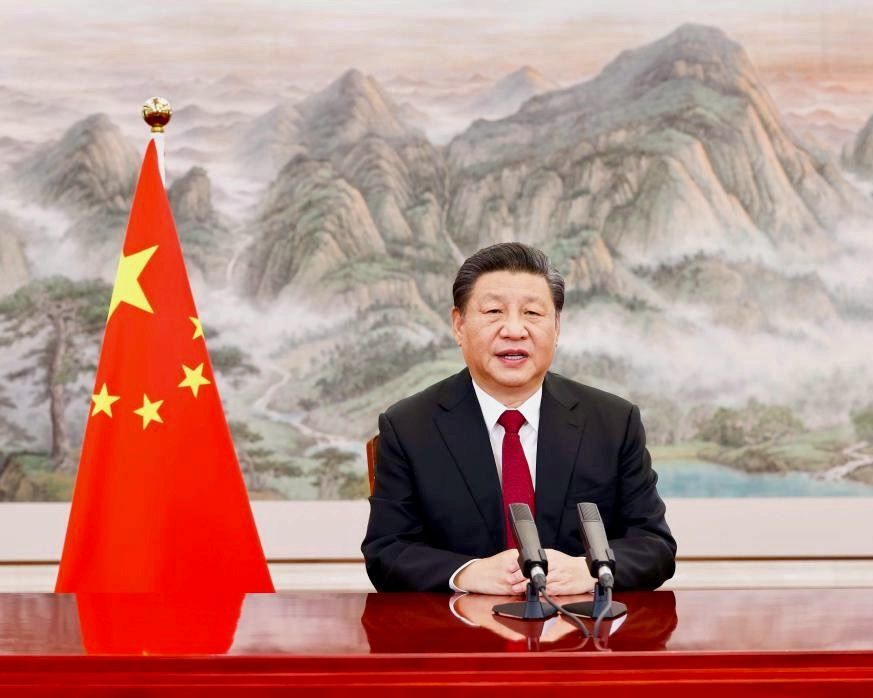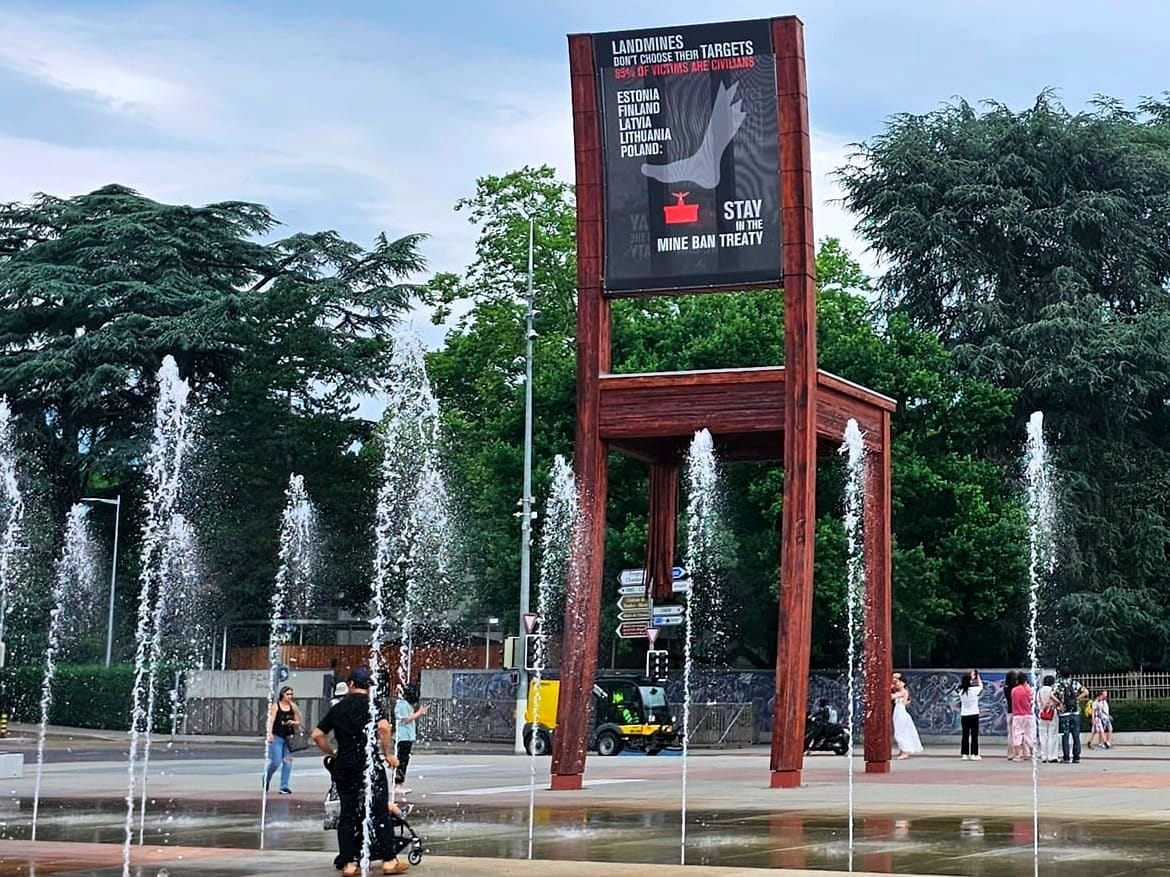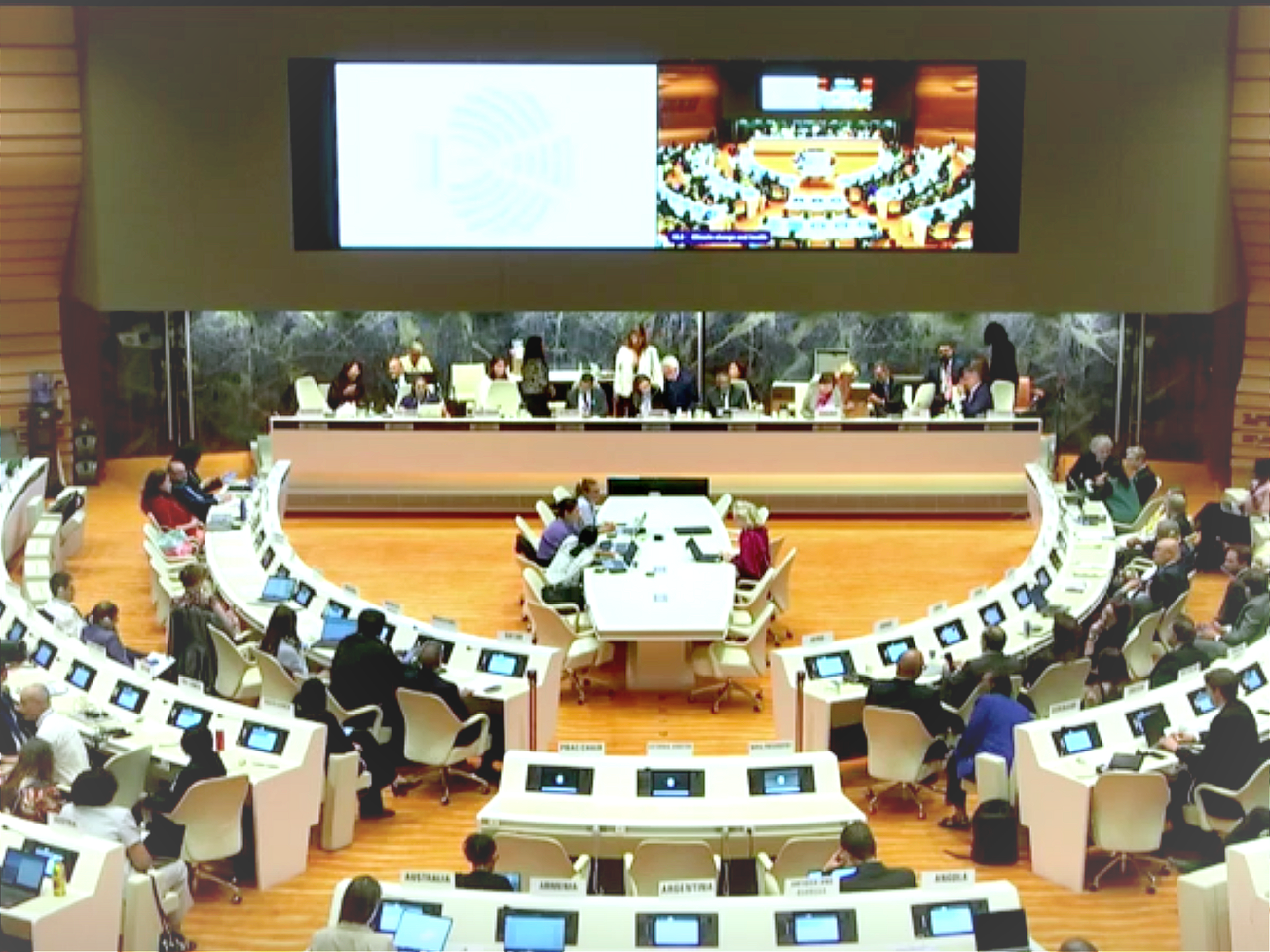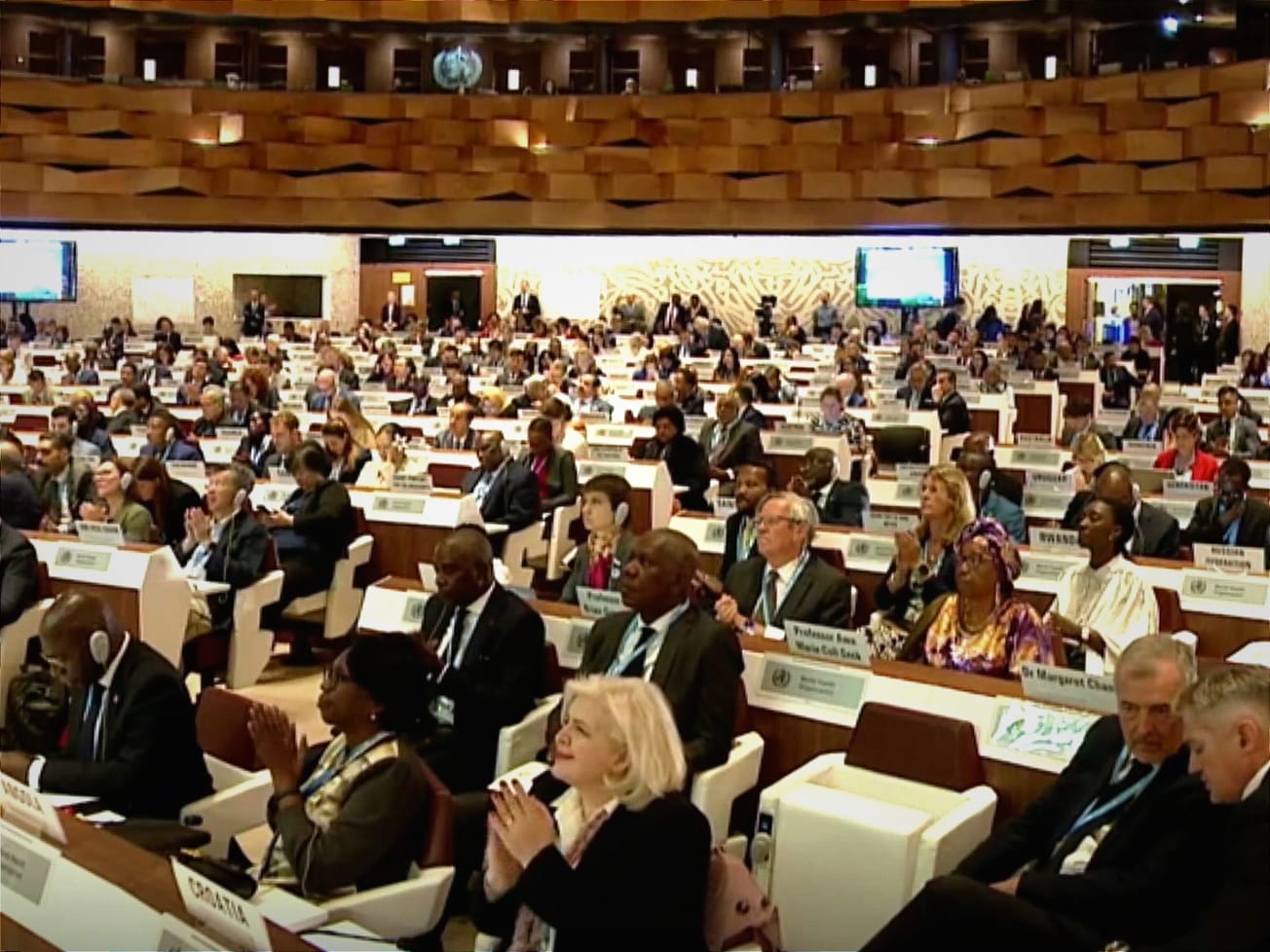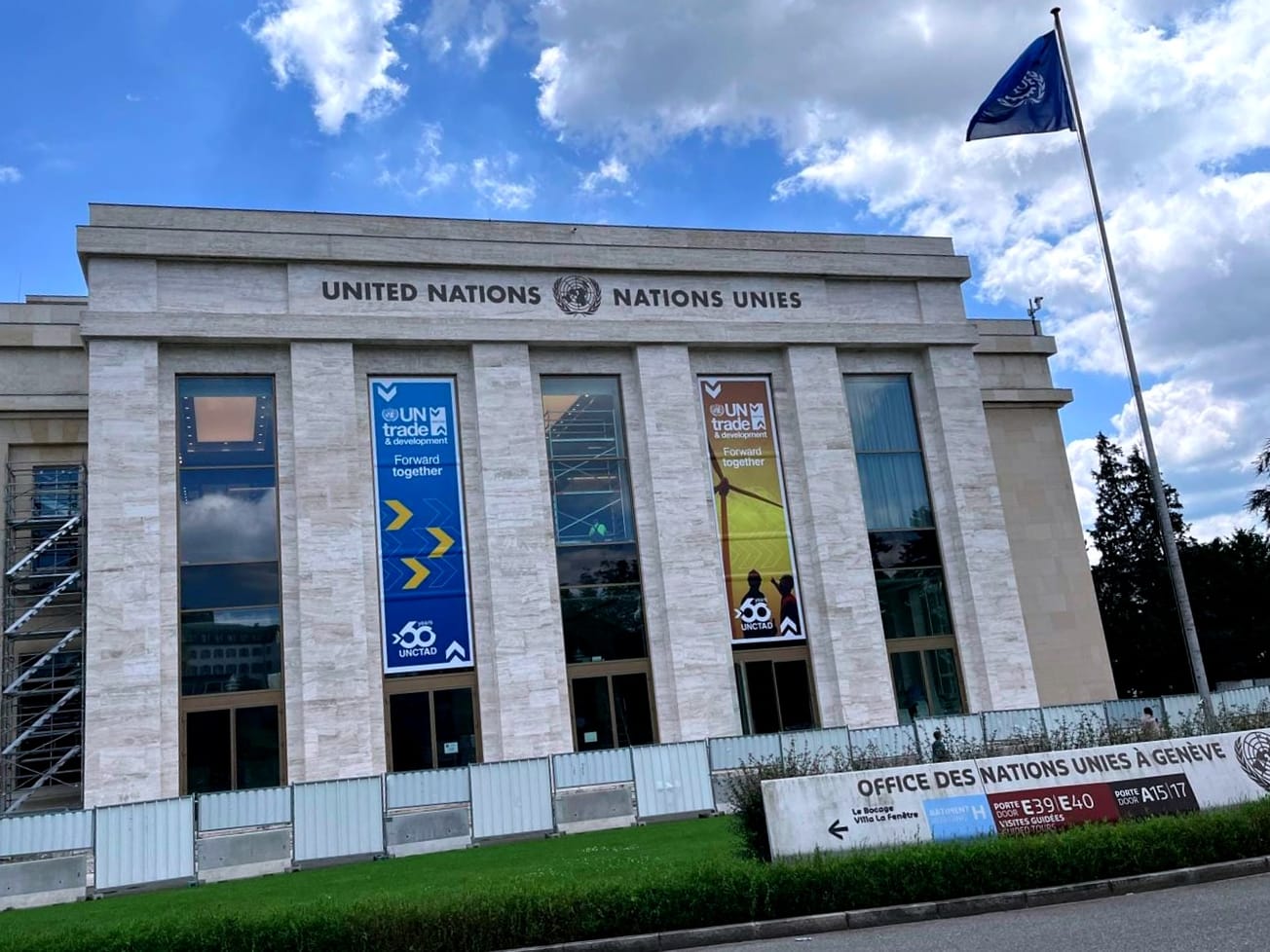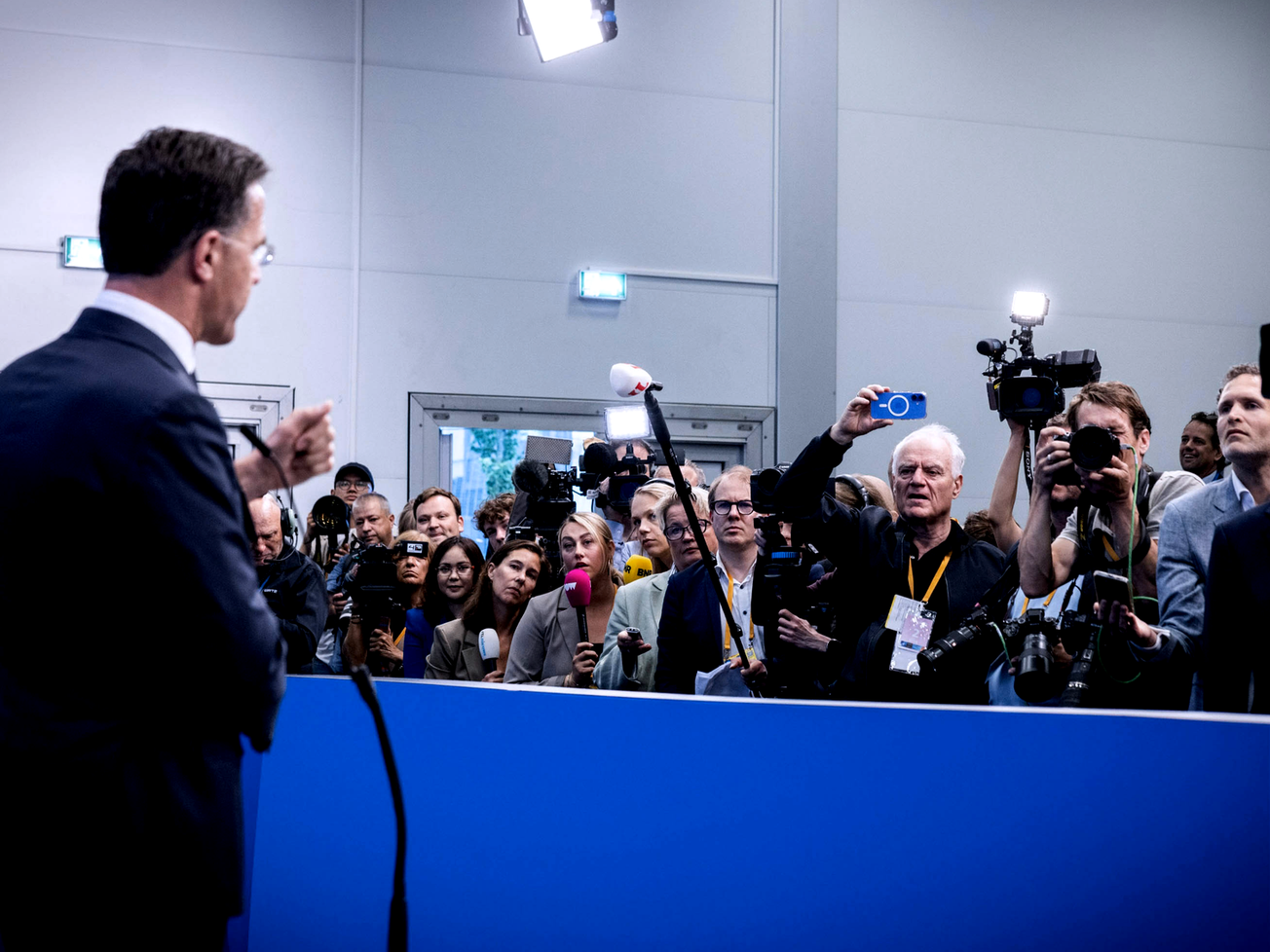Despite U.S.-China tensions over Beijing’s human rights abuses and Washington's support for Taiwan, global leaders touted cooperation on the COVID-19 pandemic, climate action, and economic recovery during the World Economic Forum's weeklong virtual gathering that ended on Friday.
China's President Xi Jinping, one of the headliners, urged nations to "discard Cold War mentality and seek peaceful coexistence and win-win outcomes." Without directly referring to the United States, he said "protectionism and unilateralism can protect no one" and, in the long run, "even worse are the practices of hegemony and bullying, which run counter to the tide of history.”

